From New Orleans to Your Kitchen: A Global Spice Adventure with Chicken Jambalaya
There’s something deeply satisfying about a one-pot wonder that fills your kitchen with tantalizing aromas and makes your taste buds sing. Welcome to the world of chicken jambalaya — a dish rooted in Louisiana but embraced globally for its rich flavors, vibrant spices, and hearty comfort.
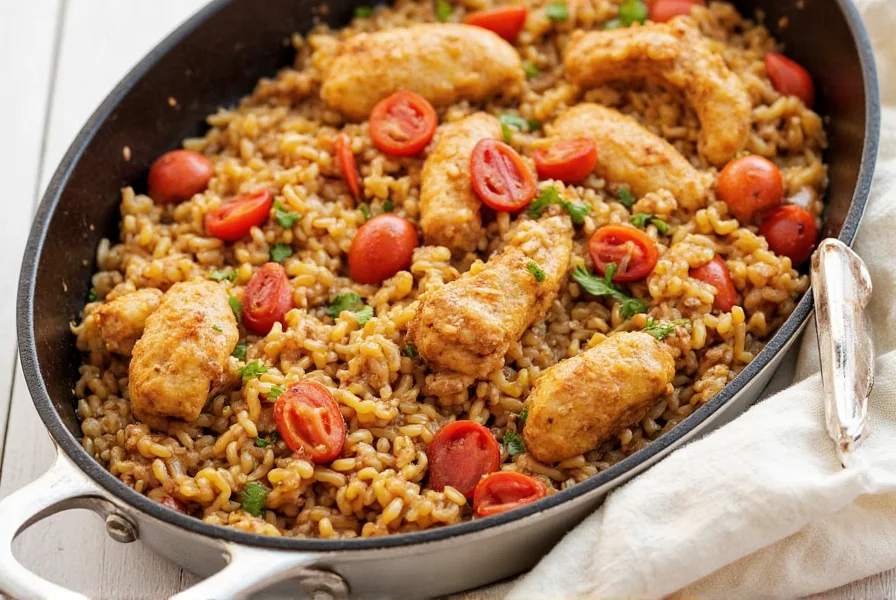
Table of Contents
- What Is Chicken Jambalaya?
- A Global Affair: The Origins of Jambalaya
- The Spice Blend That Makes It Magic
- Your Ultimate Chicken Jambalaya Recipe
- Pro Tips for Cooking the Perfect Jambalaya
- Serving Suggestions & Pairings
- Buying Guide: Choosing the Best Ingredients
- Conclusion
What Is Chicken Jambalaya?
At its core, jambalaya is a Creole rice dish cooked with meat, vegetables, and a medley of spices. While the exact origins are debated, the version we know today hails from Louisiana. Chicken jambalaya specifically uses boneless chicken thighs or breasts along with smoked sausage (like andouille), tomatoes, onions, bell peppers, celery, garlic, and the holy trinity of Cajun seasoning: paprika, cayenne pepper, and thyme.
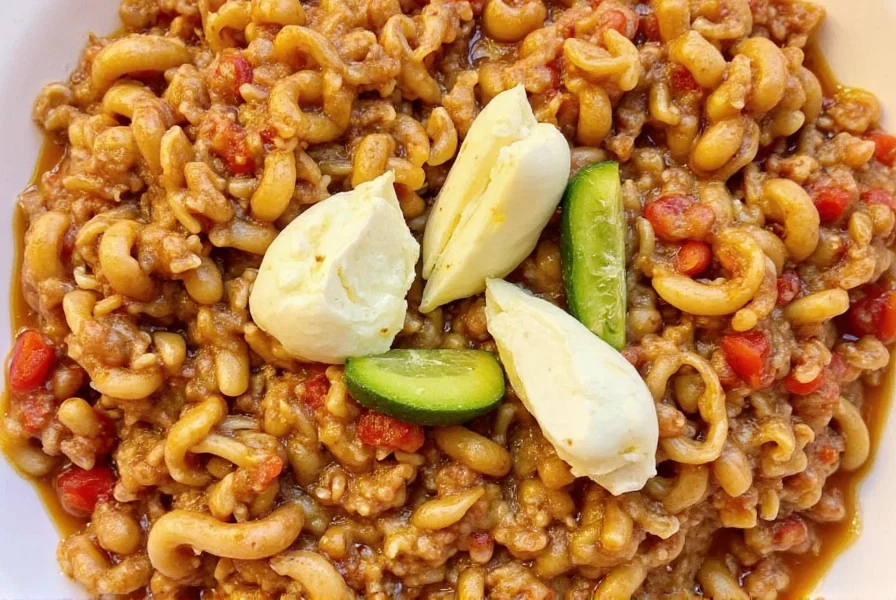
Cajun vs. Creole Jambalaya
| Type | Key Differences | Flavor Profile |
|---|---|---|
| Cajun Jambalaya | No tomatoes; browner base from long cooking; smokier flavor | Earthy, Smoky, Spicy |
| Creole Jambalaya | Includes tomatoes; more colorful appearance; tangy-savory mix | Savory, Tangy, Balanced Heat |
A Global Affair: The Origins of Jambalaya
Jambalaya isn’t just a Southern American staple — it’s a melting pot of global influences:
- Spanish: Inspired by paella, which often includes seafood, chicken, and saffron-infused rice.
- African: Brought okra into the fold (though not always used in modern recipes).
- French: Contributed mirepoix (onions, carrots, celery) and techniques from French cuisine.
- German: Introduced smoked sausage traditions, particularly andouille.
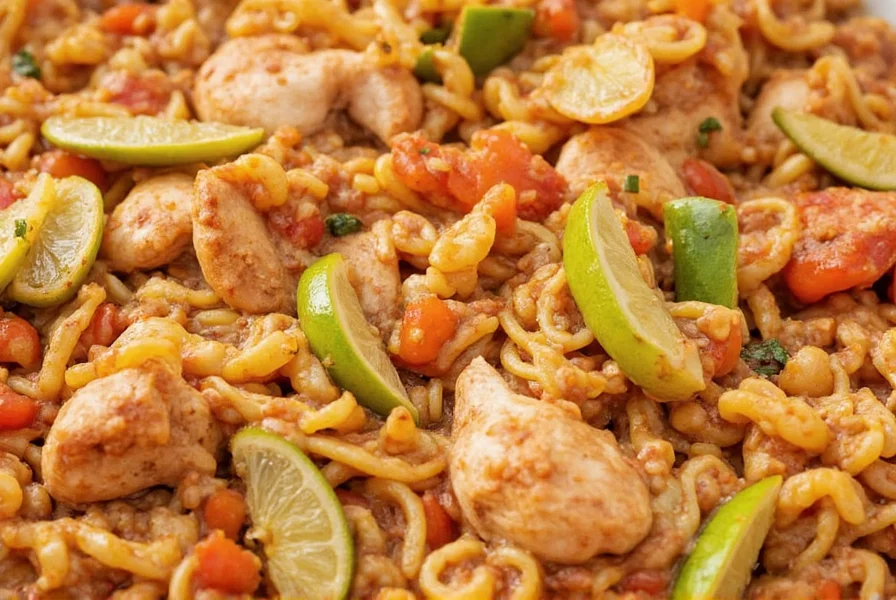
The Spice Blend That Makes It Magic
The backbone of any good jambalaya lies in its spice blend. Here's a breakdown of the essential spices and their roles:
| Spice | Flavor Contribution | Usage Tip |
|---|---|---|
| Paprika | Smoky depth and color | Use sweet or smoked paprika for best results |
| Cayenne Pepper | Heat and earthiness | Add gradually to control spiciness |
| Thyme | Herbal freshness | Fresh or dried works well |
| Oregano | Robust aroma | Dried preferred in jambalaya |
| Garlic Powder | Umami and sharpness | Enhances other spices |
| Black Pepper | Sharp heat and warmth | Freshly ground is ideal |
Your Ultimate Chicken Jambalaya Recipe
Let’s get cooking! This version blends Creole and Cajun styles for a balanced flavor profile that pleases both spice lovers and newcomers alike.
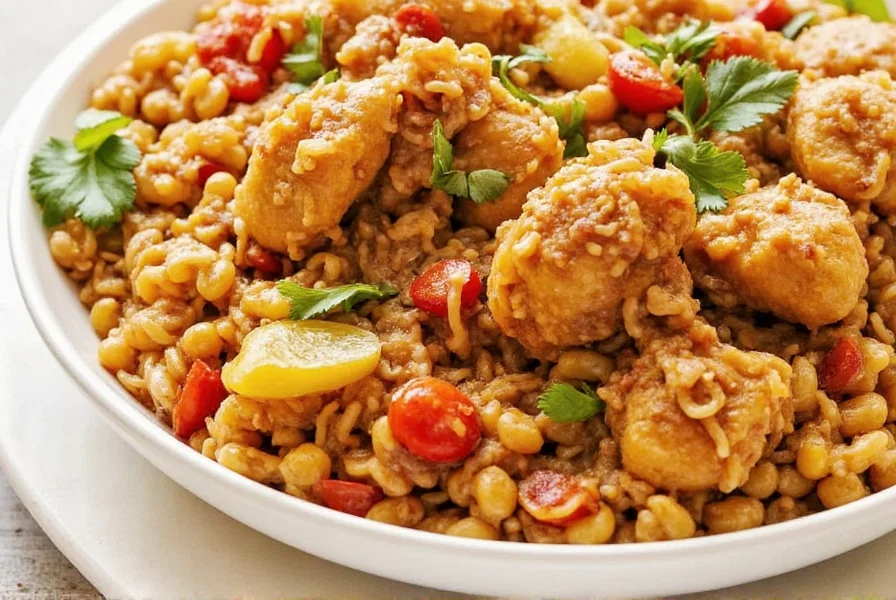
Ingredients
- 2 tbsp olive oil
- 1 lb boneless skinless chicken thighs, cubed
- 1 cup smoked andouille sausage, sliced
- 1 medium onion, chopped
- 1 red bell pepper, chopped
- 2 stalks celery, chopped
- 4 cloves garlic, minced
- 1 can diced tomatoes (14 oz)
- 1½ cups long-grain white rice
- 4 cups chicken broth
- 2 tsp paprika
- 1 tsp cayenne pepper
- 1 tsp dried thyme
- 1 tsp oregano
- 1 tsp garlic powder
- Salt and black pepper to taste
- Chopped green onions and parsley for garnish
Instructions
- Heat oil in a large skillet or Dutch oven over medium-high heat.
- Brown chicken pieces first, then remove them.
- Cook andouille until browned, then add onion, bell pepper, and celery. Sauté until softened.
- Add garlic and cook 1 minute more.
- Stir in tomatoes, spices, and rice. Toast the rice for 2–3 minutes.
- Return chicken to the pot. Add broth and bring to a boil.
- Reduce heat, cover, and simmer for 25–30 minutes until rice is tender.
- Rest for 5–10 minutes before serving. Garnish with fresh herbs.
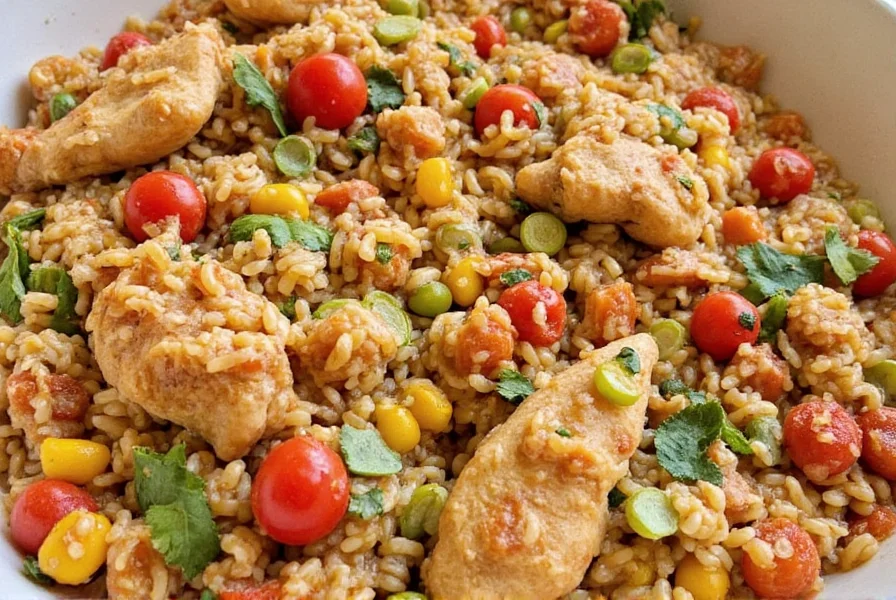
Pro Tips for Cooking the Perfect Jambalaya
- Don’t skimp on the browning: Take time to sear the chicken and sausage for deep flavor.
- Rinse the rice: Especially important if using regular white rice. It helps prevent sticking.
- Adjust spice levels: Taste as you go. Cayenne can be reduced or omitted for milder palates.
- Use quality broth: Homemade is best, but a low-sodium store-bought option works fine.
- Rest before serving: Letting the jambalaya sit allows the flavors to meld and the texture to firm slightly.
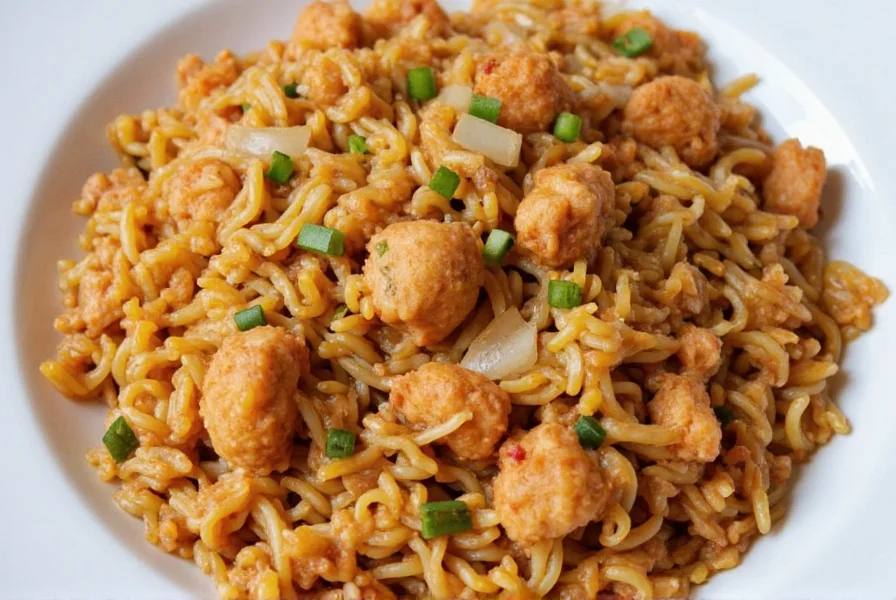
Serving Suggestions & Pairings
Jambalaya is a meal in itself, but here are some classic pairings that elevate it:
- Crusty bread: Great for soaking up extra juices.
- Green salad: A light, vinegar-based dressing balances the richness.
- Hot sauce: For those who want an extra kick at the table.
- Beer or wine: Try a lager or a crisp white like Sauvignon Blanc.
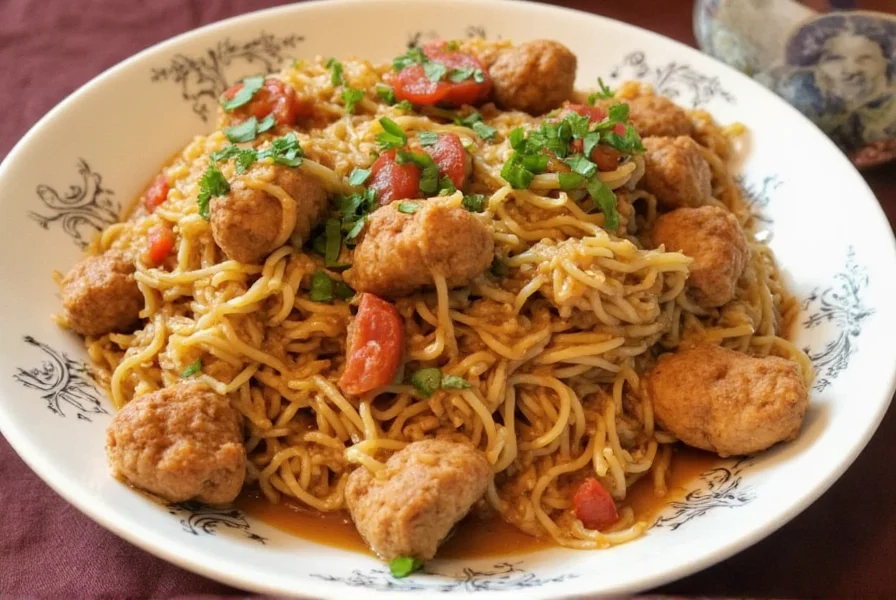
Buying Guide: Choosing the Best Ingredients
Making great jambalaya starts with selecting top-quality ingredients. Here’s what to look for:
1. Chicken
- Type: Boneless skinless thighs are recommended for juiciness.
- Features: Tender, flavorful, and absorbent.
- Best Use: Ideal for slow simmering without drying out.
- Target Audience: Home cooks and spice enthusiasts.
- Occasion: Family dinners, casual gatherings, meal prep.
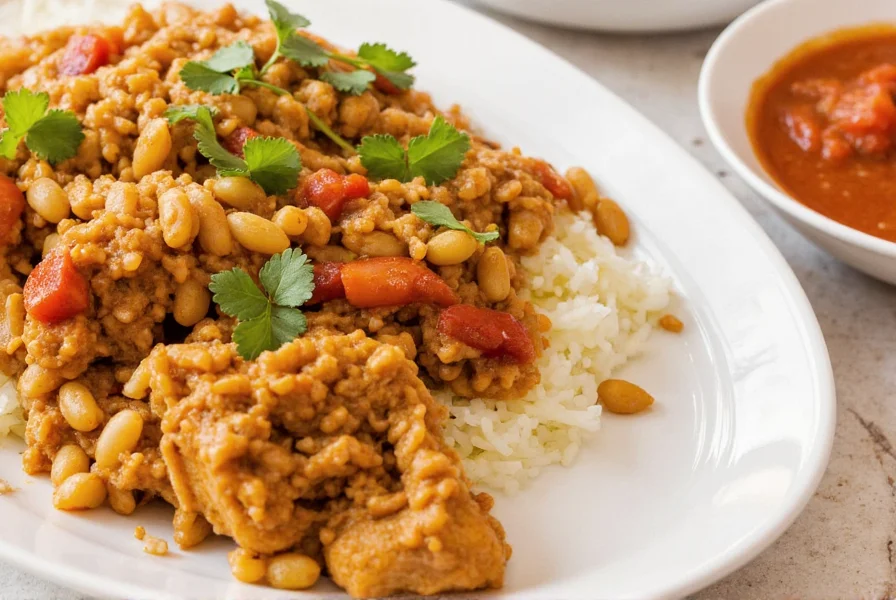
2. Andouille Sausage
- Type: Traditional Cajun-style smoked sausage.
- Features: Spicy, smoky, and full of depth.
- Best Use: Adds umami and heat to the base.
- Substitute: If unavailable, use chorizo or kielbasa with added smoked paprika.
- Target Audience: Gourmands and adventurous eaters.
- Occasion: Game day meals, holiday feasts, weekend brunches.
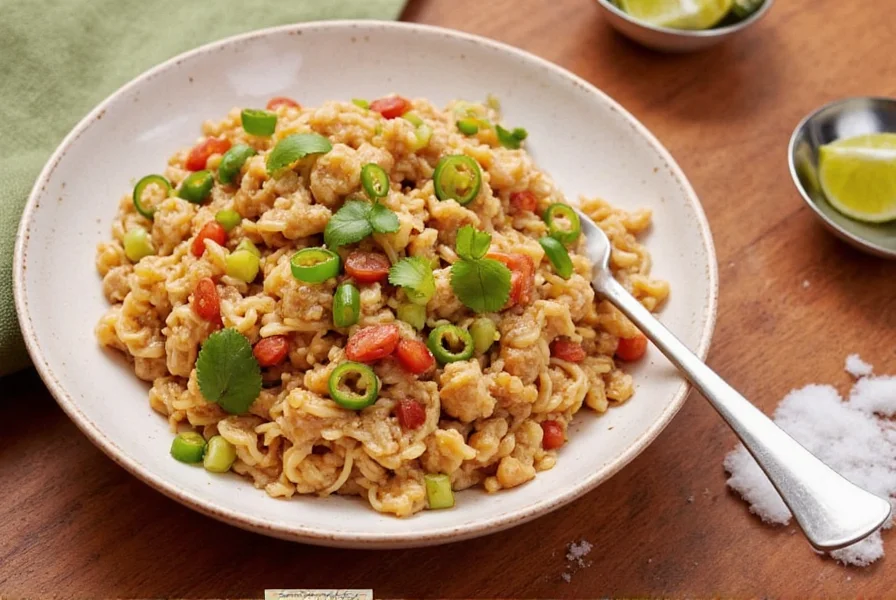
3. Rice
- Type: Long-grain white rice.
- Features: Absorbs liquid without becoming mushy.
- Alternative: Brown rice adds fiber but may need more liquid and time.
- Best Use: Classic jambalaya texture and mouthfeel.
- Target Audience: Everyday home cooks and health-conscious individuals (for brown rice).
- Occasion: Weeknight dinners, group meals, meal prepping.
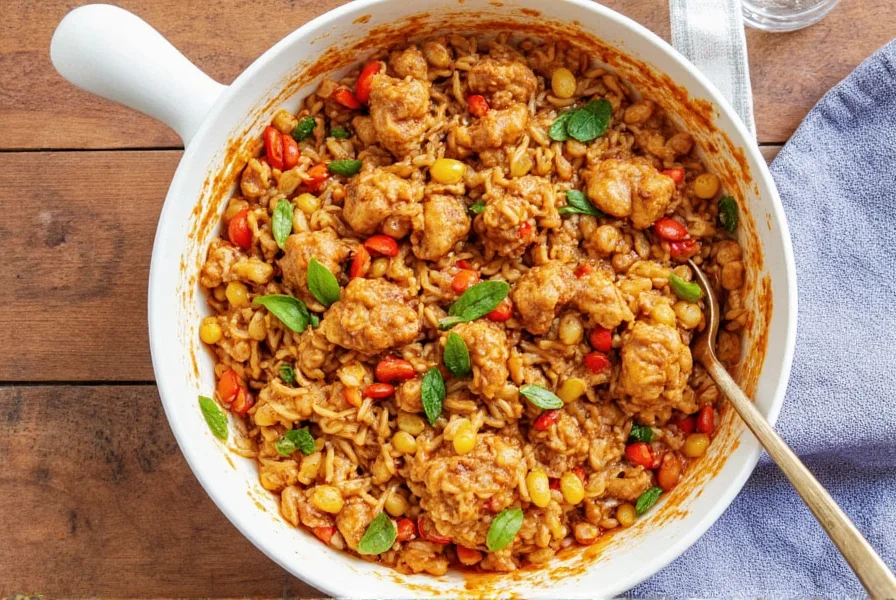
4. Stock or Broth
- Type: Low-sodium chicken broth is best for flavor control.
- Features: Clean, savory base that complements spices.
- Alternative: Vegetable broth works for vegetarian versions.
- Target Audience: All cooks aiming for homemade quality.
- Occasion: Anytime jambalaya is on the menu!
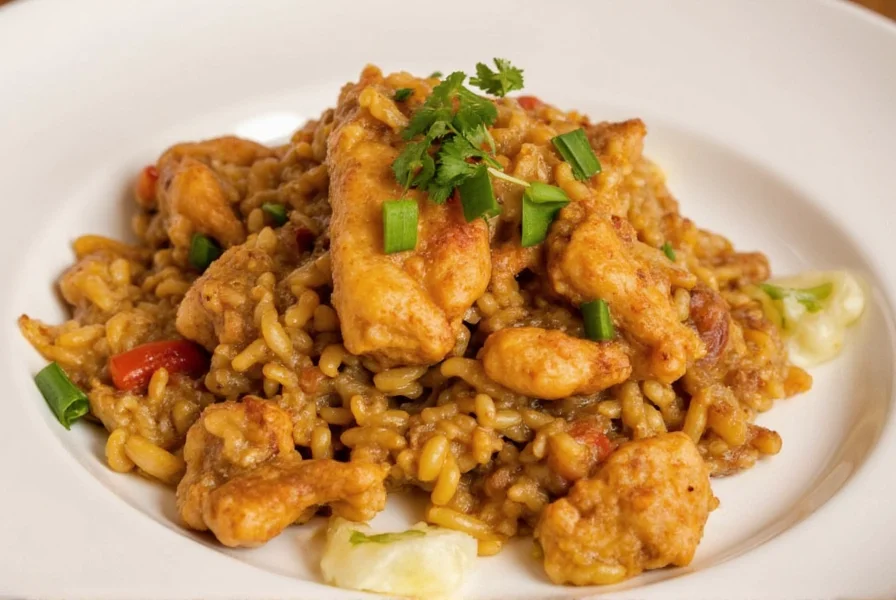
5. Spice Blends
- Type: Homemade or premium store-bought Cajun seasoning.
- Features: Balanced heat and smokiness.
- Top Brands: Tony Chachere’s, Zatarain’s, Slap Ya Mama.
- Best Use: Enhancing depth without overpowering the dish.
- Target Audience: Spice lovers and culinary experimenters.
- Occasion: Parties, festivals, personal cooking challenges.
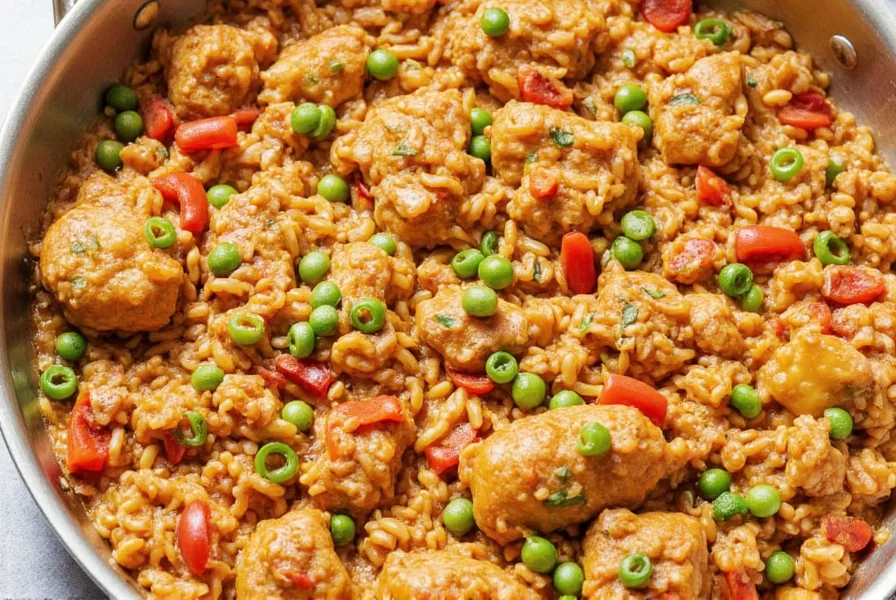
Conclusion
Chicken jambalaya is more than just a spicy rice dish — it's a celebration of culture, history, and bold flavors. Whether you’re a seasoned chef or just starting your culinary journey, this dish offers a delicious way to explore global spice traditions from the comfort of your own kitchen.
With the right ingredients, a bit of patience, and a love for flavor, you’ll be serving up a steaming bowl of jambalaya that honors its roots while making it your own. So gather your spices, fire up the stove, and let the magic begin!
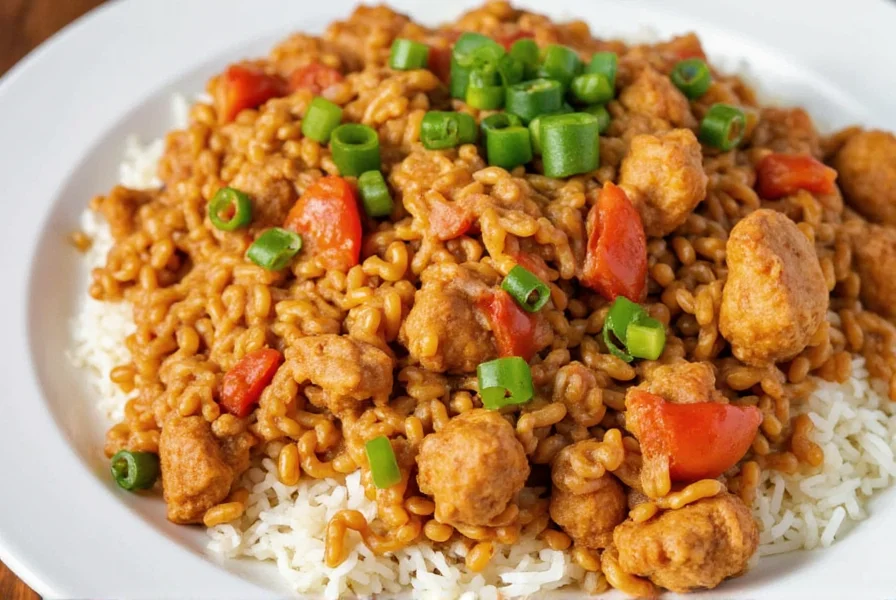

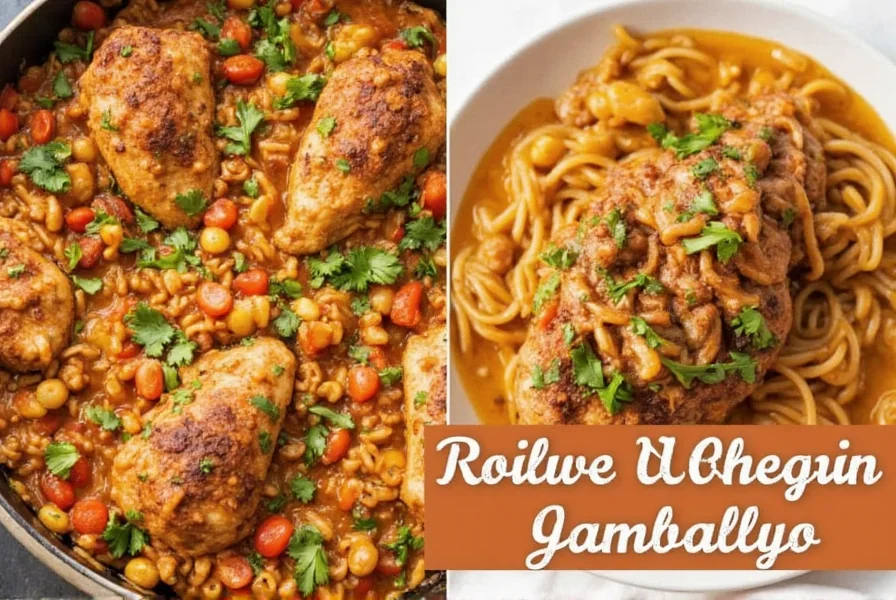









 浙公网安备
33010002000092号
浙公网安备
33010002000092号 浙B2-20120091-4
浙B2-20120091-4